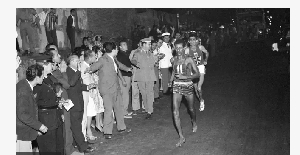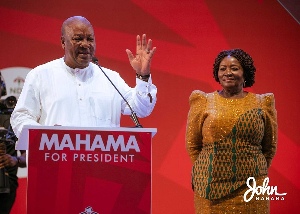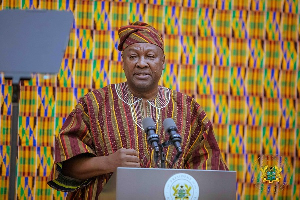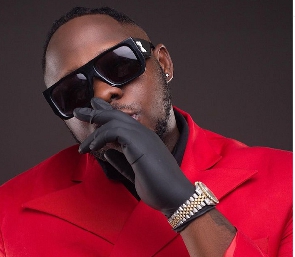For one warm night for Rome, in 1960, one man wey no wear shoe, son of a shepherd, shock di whole world and create history for Africa.
Dat evening, pipo full for di streets of Rome dey hail di marathon runners wey dey compete for di Olympic Games.
Italian soldiers dey for di side of road carry dia torch to light up di way as one Ethiopian runner wey im name na Abebe Bikila dey run towards di finish line.
For almost di entire race, Bikila, wey wear red satin shorts and black vest, bin dey level wit di marathon favourite, Rhadi Ben Abdesselem of Morocco.
But wit less dan one mile to go, e begin pull away from im competitor. E just dey run towards di finish, raise im hands in triumph as e cross di line.
No be only say e come first for di race, Bikila also become di first black African and di first Ethiopian wey go win gold medal for Olympic Games.
E also set new world record of two hours, 15 minutes and 16 seconds.
Di victory shock many pipo, no be just becos Bikila na pesin wey nobody bin know, but also bicos im bin run di race wit out shoe.
Bikila chose to do am like dat sake of say im running shoes bin spoil, and e no wan wear new one make e no go get blisters.
“Normally champions rise up di rankings and so wen dem get to di top, dem go don dey popular, but nobody bin sabi who Bikila be,” Tim Judah, one British writer wey write book about di runner, tok.
“So dis come add to di shock of a barefoot African wey run di marathon.”
Bikila bin return home dat year as national hero, thousands of pipo come out to greet am.
However, im 1960 victory get more importance wey pass im home nation.
“Dis na di period of decolonisation and di arrival of Africa for di world stage,” Judah tok.
“In dat sense e be like shooting star of hope and symbol of di era.”
Di symbolism of Bikila win kontinu reach today.
“If you look wetin dey happun to Africa, independence start afta Abebe Bikila win for Rome,” Haile Gebrselassie, former Olympic and World Champion Ethiopian distance runner tok.
Wen Bikila return to im home kontri, di Kenyan newspaper, Nation, report say Emperor Haile Selassie bin give am award of di Star of Ethiopia.
E also promote am to di rank of corporal, give am house and new Volkswagen Beetle car.
Humble beginning
Bikila upbringing dey far from di glamour of im Olympic triumph.
Dem born am for 1932 for one Ethiopian village, Jato. Im papa na shepherd.
As a young man, e move to di capital Addis Ababa and join di Imperial Guard wia one of im role na to dey protect di Emperor Haile Selassie.
Na dia one Swedish coach, Onni Niskanen, bin spot im talent. Niskanen bin dey work for di Ethiopian goment to train sojas, so e start to train Bikila to compete for di marathon.
However, Bikila bin no dey considered as Ethiopia best runner. Im teammate, Wami Biratu, na di one wey suppose go for di Rome Games, but some days bifor dem comot, Biratu begin sick and e no come go again.
A second Olympic gold medal
Bikila cement im legacy for di 1964 Tokyo Olympics, wia e defend im marathon title, and become di first pesin to win back-to-back gold medals for di event.
Up till today, Bikila na one of only three runners, alongside Waldemar Cierpinski and Eliud Kipchoge, wey do am.
Dis time e wear shoes, but e bin get anoda challenge to overcome.
Just 40 days bifor di event, Bikila bin get emergency operation to remove im appendix.
Upon say e get only few weeks to return to full health, e win di marathon and set anoda world record of two hours, 12 minutes and 11 seconds.
According to World Athletics, Bikila bin win 12 out of 13 international marathons between 1960 and 1966. But just five years afta im second Olympic win, tragedy happun.
Overcoming adversity
In March 1969, as e dey drive im Volkswagen Beetle, Bikila get accident wey paralyse am from im neck down.
Dem fly am go Stoke Mandeville Hospital for England, and afta plenty treatment, e gatz accept say e no go ever waka again.
But di runner begin regain control of im hands, and so e start to dey do oda sports – and e bin do well in archery and table tennis.
For 1970, e follow for di Stoke Mandeville Games for London - one of di events wey give birth to di Paralympics.
Di following year, e compete for Norway and win di cross-country sleigh-riding event for one competition for disabled athletes.
A legacy that lives on
In 1973, Bikila pass away at di age of 41, sake of complications from im accident.
Emperor Haile Selassie declare a National Day of Mourning and e give Bikila a state funeral.
But even though e die early, im legacy kontinu. Dem get Abebe Bikila stadium for Addis Ababa and many schools and awards dey named afta am.
Im biggest legacy na say im inspire a new generation of long-distance runners across East Africa wey don follow im footsteps.
Plenty Ethiopian and Kenyan athletes, like Haile Gebrselassie and Eliud Kipchoge, don go ahead to dominate di sport.
“We [African runners] be di result of Abebe Bikila. Becos of Abebe Bikila, I become a world class athlete,” Gebrselassie tok.
Getnet Wale, wey go represent Ethiopia for di Paris Olympics for di 3000m steeplechase, bin describe Bikila as a “trailblazer”.
“Im na di first. Pipo dey always remember am reach today.”
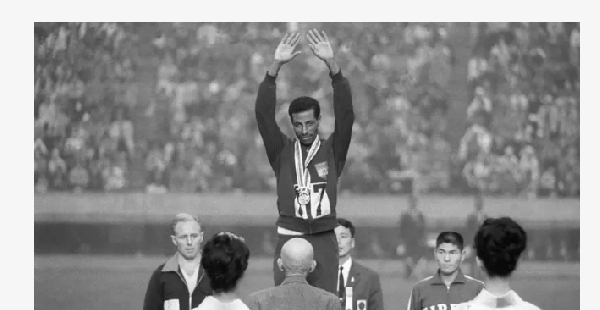
Abebe Bikila standas e raise im hands ontop podium afta e win im second Olympic gold medal
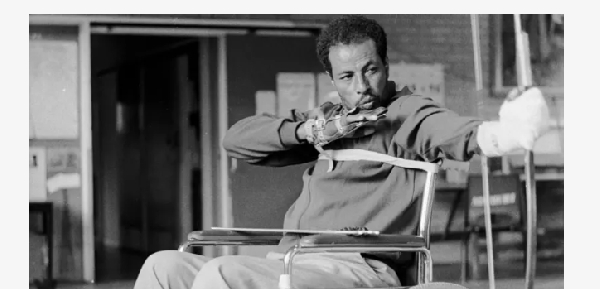
Abebe Bikila ontop wheelchair dey shoot bow and arrow
Abebe Bikila ontop wheelchair dey shoot bow and arrow
BBC Pidgin of Wednesday, 17 July 2024
Source: BBC

